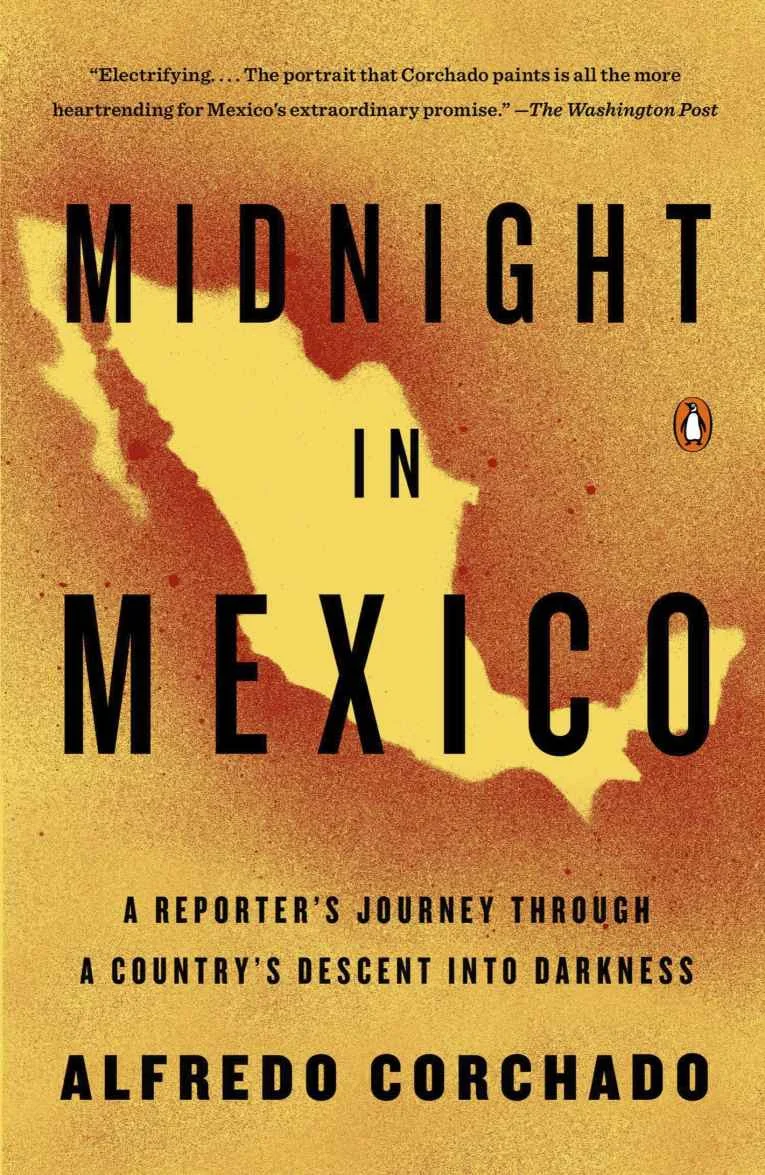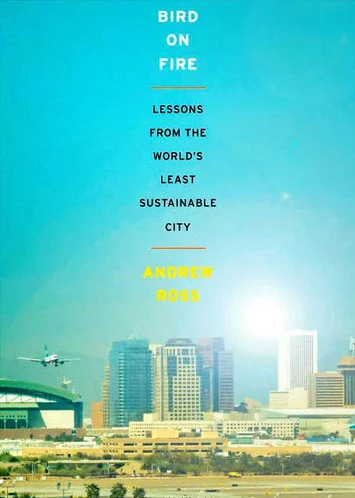Midnight or new dawn on the southern Border?
Midnight in Mexico by Alfredo Corchado
Corchado covers three roughly parallel stories in this book: 1) he chronicles the last 100 yrs of Mexican politics and 2) its dark doppelganger, the drug trade, and intertwines this with 3) his personal odyssey from Mexican immigrant to the US to successful newspaper reporter whose beat is Mexico. The narrative thread that ties all of these together is a death threat he received (and his reaction to it) after writing a story about a supposed “peace pact” between the gov’t and the narcos in the early years of the Peña Nieto regime. To his credit, Corchado filled in some gaps in my knowledge of the evolution and taxonomy of the narco-mafias in Mexico, particularly timely given the (re-) capture of El Chapo Guzman. He delves into the corruption and impunity that surround the nexus between money (narco and otherwise) and Mexican politics. He argues, and few would disagree, that this is a major roadblock to accelerating positive change in Mexican society. That said he tends to give short shrift to the dramatic improvement in the economic lot of the average Mexican since the presidency of Carlos Salinas de Gotari, with the opening of the national economy and the implementation of NAFTA. The security situation, on the other hand, reached a nadir during the sexenio of PAN president Felipe Calderon (2008-2014) who did directly confront the narcos. He prosecuted the “war on drugs” (with strong US support) more vigorously than any president before or since, which resulted in a blizzard of murders, kidnappings, mutilations, etc. and made Mexico a much more dangerous country to live and work in without making much of a dent in the root problem noted above. And, as many have noted, as long as Mexico has the world’s largest consumer of illicit drugs making a great sucking (or snorting?) sound on its northern border, maybe the only solutions are very long term ones: continental drift or legalization!
Overall, Corchado is rather schizophrenic about the “democratization” of Mexico, implying that an authoritarian regime (a la China?) might more effectively manage the simultaneous eradication of corruption and economic modernization. Well history has given lie to that model, no? He never actually articulates an alternative but, surely Sr. Corchado, it is not the old PRI system, called the “perfect dictatorship” by Mario Vargas Llosa and lampooned in the eponymous movie by Luis Estrada? Isn’t that, a final de cuentas, what got Mexico into the mess it is in today?
The story of his family’s trek to the US and their surmounting some pretty stiff odds to build a decent life there is a compelling one, but things turn maudlin when he relates details of his (failed) romance with another bicultural Mexican reporter working for a US TV station. He also intersperses a lot of annoying whining about the internal identity conflicts of bicultural people with his narrative.
Readers who enjoy this book will also enjoy fellow journalist Charles Bowden’s Down by the River (actually darker and much grittier…I’m surprised Corchado never references it in his book) and the movie “The Perfect Dictatorship”, mentioned above.


